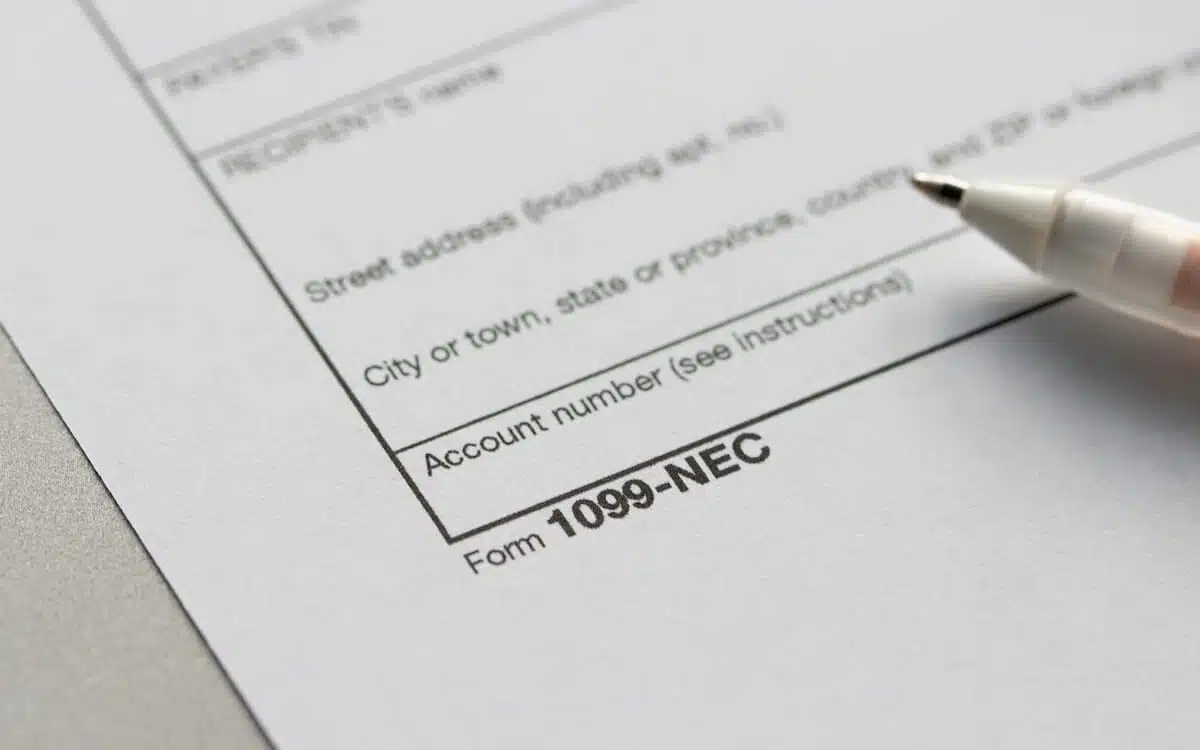Business tax deductions, also known as tax write-offs, can be a game changer for maximizing profitability during tax filing season. By not taking advantage of business tax deductions, you’re essentially leaving money on the table that could be reinvested back into your business. Avoiding this mistake isn’t just about staying afloat; it’s about standing out in a competitive market.
Business Tax Deductions: The Basics
Small business tax deductions provide a world of savings opportunities for savvy entrepreneurs. By becoming knowledgeable about the way to use these deductions, your business can lessen its taxable income significantly and consequently reduce your overall tax responsibility.
The Mechanics Behind Tax Write-Offs
Tax deductions are payments, losses and other expenses incurred throughout the year that you can subtract from your gross income to give you a smaller taxable income with a smaller tax liability. By leveraging tax write-offs, businesses can strategically manage their financial health and thereby reduce the amount of taxable income.
For a business earning $100K, for example, write-offs can mean the difference between paying taxes on $100K or $80K. It’s evident why mastering deductions can mean hundreds or even thousands saved at tax time.
However, successful implementation requires intimate knowledge about IRS rules defining business expenses.
Remember, this isn’t money spent on personal expenses by you as a part-owner, but rather costs associated specifically with running your enterprise. Think office space rent, utilities, supplies and equipment, among others.
Common Small Business Tax Deductions
A variety of tax deductions exist for small businesses, but each one comes with specific nuances in order to be compliant with the tax code.
Are Bank Fees Tax Deductible for a Business?
Certain types of bank fees, such as monthly service charges on business accounts or overdraft fees incurred during routine operations, qualify under this category.
Note that these costs must be directly tied to your commercial activities; personal banking costs or any other non-business-related expenses don’t make the cut.
Is Rent a Business Expense?
Rent payments made towards office space are also valid deductions within small business taxation rules. Whether you rent an entire office building or just one desk in a shared workspace, those rental expenditures could significantly lighten your tax burden.
This rule holds only if the rented property serves exclusively for carrying out regular operational tasks linked with running your enterprise. There’s no room for personal use.
Additional Deductible Expenses
There’s still more ground for potential deductible expenses. Consider the following if your business has expenses related to:
- Advertising and promotion expenses aimed at broadening customer outreach
- Insurance premiums safeguarding against potential losses
- Contract labor charges paid towards temporary staffing needs
- Depreciation of assets like machinery over time due to wear and tear.
Driving Business Success: Maximizing Vehicle-Related Tax Deductions
If your business uses vehicles, then you have another golden opportunity to reduce taxable income. You can achieve this by leveraging two primary methods: the standard mileage rate and the actual expense method.
The standard mileage rate, set annually by the IRS, is an all-inclusive fixed amount per mile driven for business purposes. It takes into account expenses like gas, maintenance costs, insurance premiums and depreciation.
In contrast stands the actual expense method. Under this approach, businesses keep track of every single penny spent on vehicle usage throughout the year, from fuel cost to repair bills and even car washes.
To determine vehicle-related tax deductions, take these steps:
- Determine which method will yield a higher deduction by carefully evaluating factors such as total miles driven for business or leasing versus owning.
- Maintain detailed records, regardless of the method you choose to calculate deductions.
- Remember that certain restrictions may apply if you wish to switch methods down the line, which are based on the initial choice made during the first year when the vehicle was put into service.
Home Office Deductions
The home office deduction is a critical tax-saving tool for businesses operating from home, such as self-employed and single-member LLCs.
Simplified Method vs Actual Expense Method: Which One to Choose?
You have two options when calculating your home office deductions: the simplified method and the actual expense method. The choice between these depends on your specific circumstances and how well you keep records.
With the simplified method, calculations are made easier by allowing you to deduct five dollars per square foot (up to 300 square feet) used exclusively for business activities in your house. For instance, if an area measuring 200 square feet is dedicated solely for business use, this approach would yield a total deduction worth $1,000, or five dollars multiplied by 200.
If opting instead for the actual expense method, all costs associated with maintaining and running your household, including mortgage interest, rent payments and utilities, can be considered. This is proportionally allocated based upon space used specifically for work purposes and could potentially provide higher deductions. However, it requires meticulous record-keeping. Every single cost needs justification when claimed against income at tax time.
The key takeaway here? Solid proof equals peace of mind come tax time each year.
Accurate Tax Returns: The Power of Record Keeping
Navigating the labyrinthine world of tax returns can be daunting, but accurate record keeping is the constant through it all. It’s not just about compliance with tax laws; it’s also your secret weapon for claiming business tax deductions.
A Closer Look at Professional Fees in Record Keeping
The cost to run your business often includes professional fees. Think accountants, financial advisors or consultants who keep things running smoothly behind the scenes.
Can these expenses ease your taxable income? Yes. Many times they’re deductible as necessary business costs. But remember that IRS rules may vary based on specific guidelines.
An organized system ensures you maintain all relevant documentation needed while preparing annual taxes. Keep documentation accessible, complete and error-free to avoid penalties or missed deduction opportunities.
Keep copies of submitted forms and the documents that go with them, like W-2s and 1099s, for no less than three years after filing or two from when taxes were paid—whichever is later.
Planning Ahead for the Next Tax Year: A Strategic Approach
When it comes to your business taxes, being proactive is not a choice but a necessity. It’s about taking charge and making informed decisions that can significantly impact your tax liabilities for the coming year.
This forward-thinking approach allows you to manage cash flow more effectively while also identifying potential tax-saving opportunities well before they’re due.
Bonus Depreciation: An Incentive Worth Exploring
Be proactive with your taxes by considering how major investments and purchases will impact liability down the line. The concept of bonus depreciation has been designed as an incentive for businesses. This provision enables companies to deduct significant portions from their taxable income during the first year itself when purchasing new equipment or other qualifying assets rather than spreading out these deductions over several years.
Maximize Your Business Tax Deductions
From common small business expenses to specific vehicle and home office deductions, the possibilities are numerous.
But you don’t have to determine your taxable income alone. Paro’s fractional tax preparers, CPAs and enrolled agents are available to help you navigate the rules and intricacies of your taxes. Our network of certified, vetted tax experts ensure that you maximize your business tax deductions while staying compliant with regulations. Find an expert in a matter of hours rather than weeks to get started today.






